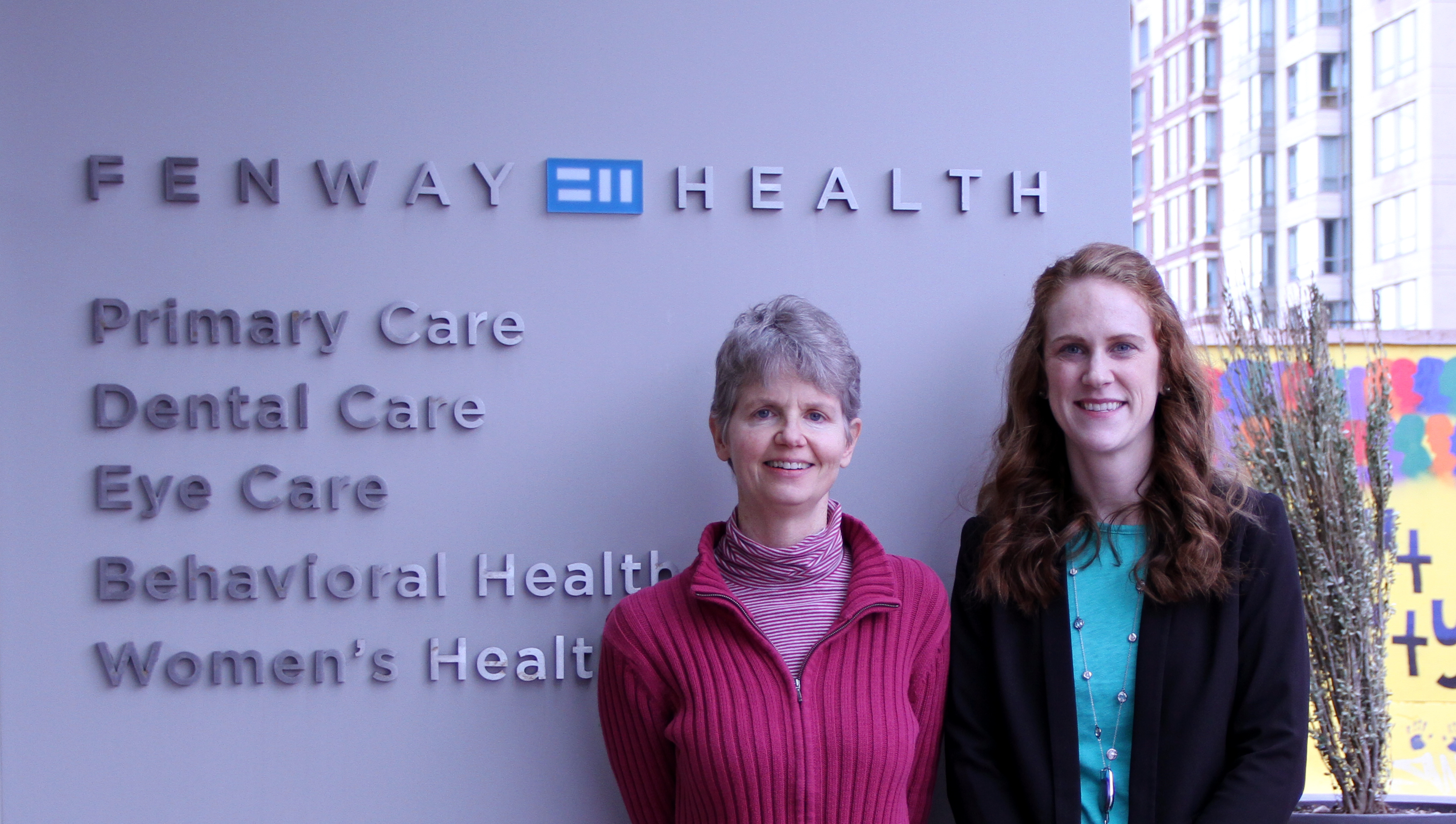Spotlight on Fenway Health – Making Behavioral Health Part of Primary Care
July 5, 2017 · NCQA Communications

Fenway Health
Jane Powers, Director of Behavioral Health Department
Alicia Anderson, Director of Quality Improvement
The patients at Fenway Health could not be more diverse. This federally qualified community health center, with three locations in Boston, serves over 30,000 people from many racial, ethnic and socioeconomic backgrounds. About half the patients identify as LGBT.
Fenway Health – Paving the Way to Behavioral Health Integration
Behavioral health is a large part of the care Fenway provides—and it’s been that way for decades, says Jane Powers, Director of Behavioral Health Department. “That stemmed from Fenway being on the frontlines of dealing with the HIV and AIDS epidemic [in] the mid ’80s. We always had that robust presence of case management and medical social work within the primary care model, which has evolved over the last 30 years.”
“We’ve always had social workers embedded within our primary care practice in different roles over the years,” says Alicia Anderson, Director of Quality Improvement. “And we had been looking to expand that role and have them much more integrated with the primary care team beyond our historical integration, which was around more community resources and care coordination issues.”
Fenway Health—an NCQA Level 3 PCMH—is committed to the patient-centered medical home model of care, so it was only natural that it worked with the Massachusetts Health Policy Commission (HPC) to help develop the PCMH PRIME program in Massachusetts. HPC and NCQA developed the PCMH PRIME Certification Program, which identifies criteria for integrating behavioral healthcare into primary care and certifies practices that meet these criteria.
Fenway Health was the first to be certified under PCMH PRIME in Massachusetts, and its behavioral health services are expanding. About 40 clinicians provide traditional behavioral health; 7 are embedded in the medical setting. Powers says this makes a huge difference. “Our patients have said it lowers barriers to behavioral health services delivery. Some also say it minimizes stigma because instead of being referred to a specialist who is identified explicitly as a behavioral health clinician or a therapist, they are meeting with someone who’s part of their health care team, right in the medical environment. So, it reduces barriers, reduces stigma and promotes access.”
The Road to PCMH PRIME Certification
Anderson says the process of getting PCMH PRIME certification was smooth because Fenway was already PCMH recognized. “We felt it made sense to seek that recognition since we had already been working so hard to try and bring behavioral care into primary care. And we’ve always seen these staff as part of the primary care team.”
“For me, as a clinician, certification validates that this is best practice,” says Powers. “It’s exciting to have that be recognized. Best of all, I think it’s better for the residents of Massachusetts; regardless of where they get their care, they should be able to have a practice that understands the importance of behavioral health as part of primary care.”







